Read all about it!
Dundonian Scott Duncan started collecting newspaper bills 10 years ago and these headlines prove that sometimes life is stranger than fiction.
Scott used to live above a newsagent and turned his passion for the dark and grisly side of city life into a hobby and has amassed an impressive collection.
The result is not simply an exercise in nostalgia but a rich social document.
He is currently undertaking a Masters in Fine Art at Duncan of Jordanstone College of Art and his collection of headlines have inspired him to tackle a “fake bills” project.
Triumph and tragedy
Newspaper bills have stood outside vendor booths and shops for generations to tease the biggest story of the day and encourage people to buy a copy of the paper.
Some of those bills have captured defining moments in history such as the evocative image of the young newsboy outside the White Star Line offices in London in April 1912 holding an Evening News bill announcing: Titanic Disaster: Great Loss of Life.
Dundee Man Lost at Sea was not the headline when news broke locally but Courier and Evening Telegraph bills have been delivering triumph and tragedy for 200 years.
The Tay Rail Bridge Disaster in 1879 to the entrenched narrative of two world wars and glorious sporting moments are among those headlines that have grabbed our attention.
The currency has changed since 1816 and The Courier has changed from broadsheet size to tabloid but the street vendors and those street bills still link the old with the new.
Scott has been fascinated with them for years.
He said: “I’ve always been interested in the “around the courts” section of the Tele. In particular the appetite the readership has for people they know being publicised.
“People are attracted to crime and deviance even if it’s just getting a vicarious thrill reading about the acts of others.
“There is a strong desire in Scottish society to see ‘justice served’ and a big part of that is about people being punished for their crimes.”
Dundee’s 1905 Black List
Scott said that goes all the way back to the days of the Victorian criminals who unwittingly found themselves named and shamed on Dundee’s Black List in 1905.
These 42 Dundonians had their names and faces splashed all over the papers in the early 1900s with a firm warning – they were not to be given any more booze.
There were seven men and 35 women, aged from 16 to 63.
Each offender’s description given to city publicans was accompanied by a haunting mugshot and a description of any “peculiarities or marks”.
The list prevented anyone who was unfortunate enough to find their name on it from buying alcohol at any licensed premises for the next three years.
Licensees would also be fined up to £20 if they served these inebriates.
Scott said: “It was tragic to see how these people lived and that’s why it’s so important to maintain the dignity of the people behind these headlines.
“These headlines create an important social document.”
The dark side of life in Dundee
Scott prides himself on being able to spot the value in objects that others may overlook.
He said: “I am a collector of things; documents or ephemera that may seem worthless and disposable, but I saw a value, culturally, socially and historically in these bills.
“I’ve collected them on and off for over 10 years, collecting most of them when I lived above a newsagent. It’s mainly bills connected with the dark side of life that I collect.
“Drugs, violence, death, imprisonment and crime – these are the main areas.
“In many ways these bills represent the kind of ‘ready-made’ art pieces that were favoured by the surrealists.
“I don’t think it’s outside the realm of the possible that in the further off future these could be items displayed in museums.”
Scott believes that the deep interest in newspaper bills extends way back in time, to the inception of the printing press, using “propaganda” to sell copies.
He added: “The relationship between the press and sensationalised reports about crime and deviant behaviour is nothing new.
“It has been happening at least since Victorian times with Jack the Ripper.”
What’s in Scott’s collection?
So what are some of Scott’s stand-out newspaper headlines?
‘Drugged up plumber: My Big Mac was spiked’ was the 2018 bill when a “dancing plumber” was found guilty of being in charge of a car while unfit through drink or drugs.
The 55-year-old who become an overnight YouTube sensation in a video showing off his moves claimed at Dundee Sheriff Court that his Big Mac was “spiked”.
‘Dundee’s ‘best coke’ dealer jailed’ was the 2019 bill when a 26-year-old Dundonian was sentenced to 28 months in prison for selling the “best stuff you’ll find in Dundee”.
What about some of those others?
Do you remember the stories behind some of these headlines?
Scott is now keen to include aspects of his hobby within his artistic vision.
He said: “I’m considering incorporating these items into my artistic practice at some point, perhaps alongside fake bills created by myself and others.
“I’m not aware of anyone else in Dundee with such a collection.
“Though I know that Dundee poet Scott Martin has a large collection of letters sent to the Tele, which were collected over 20 years.
“I’ve got my eye out for any absurd, hilarious or crime related bills, especially those with a particular Dundee vibe.”
His “fake bills” project which has been inspired by his collection is currently in its infancy but Scott hopes to make real progress in the coming year.
Until then you might see him outside a newsagent near you!
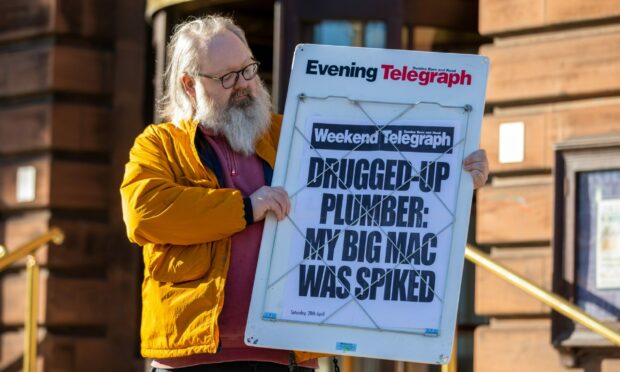
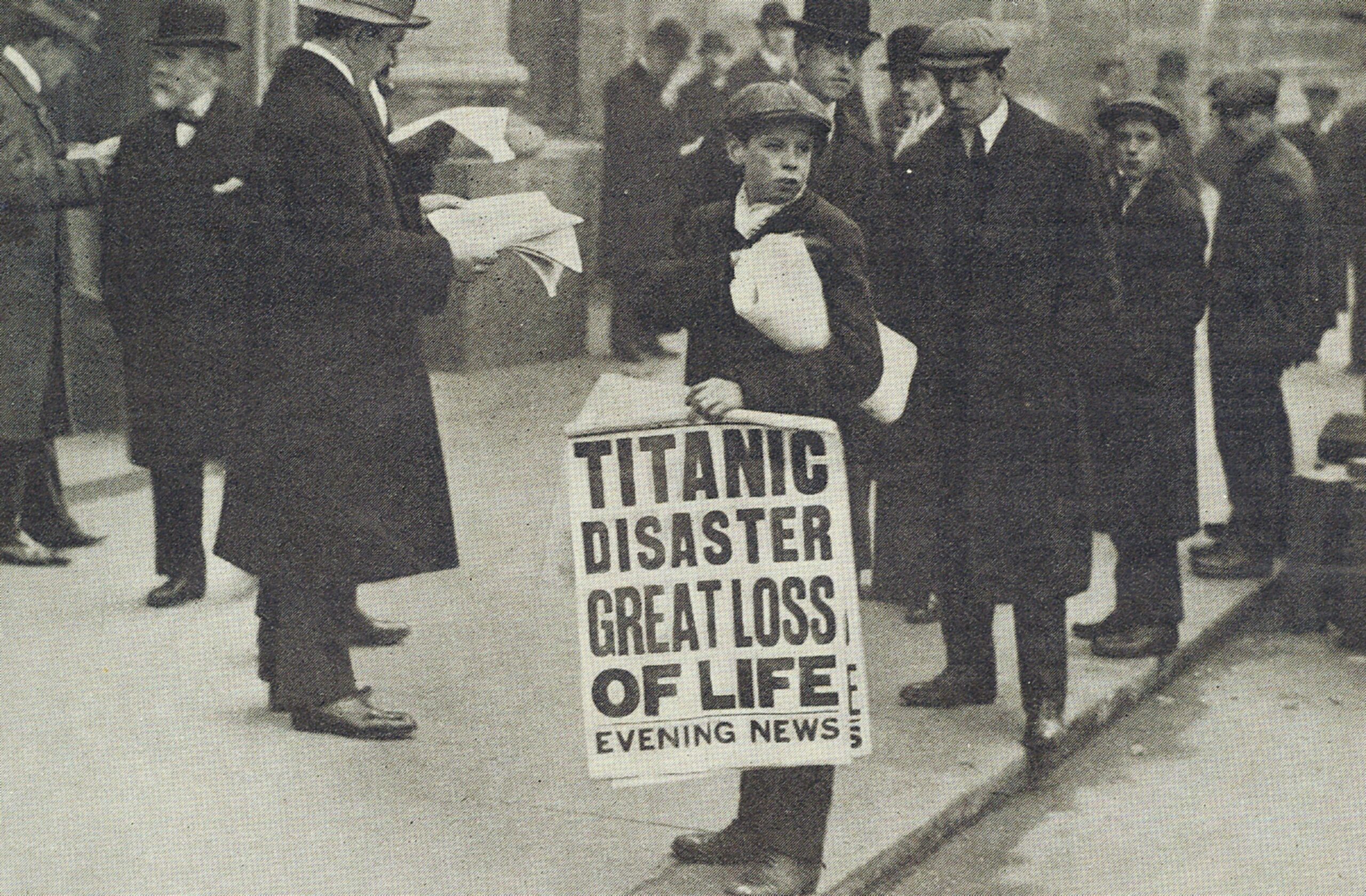





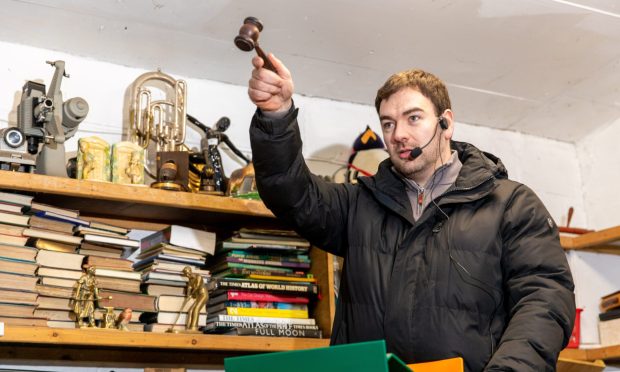



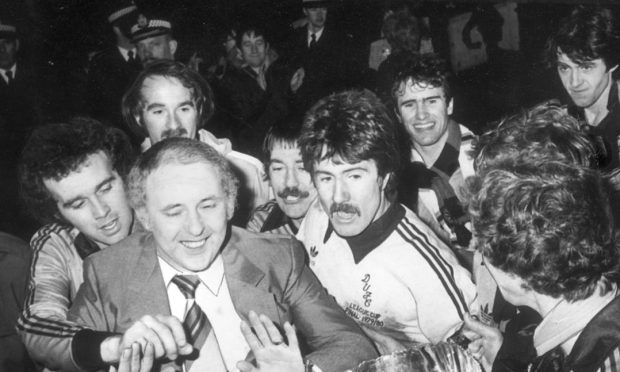


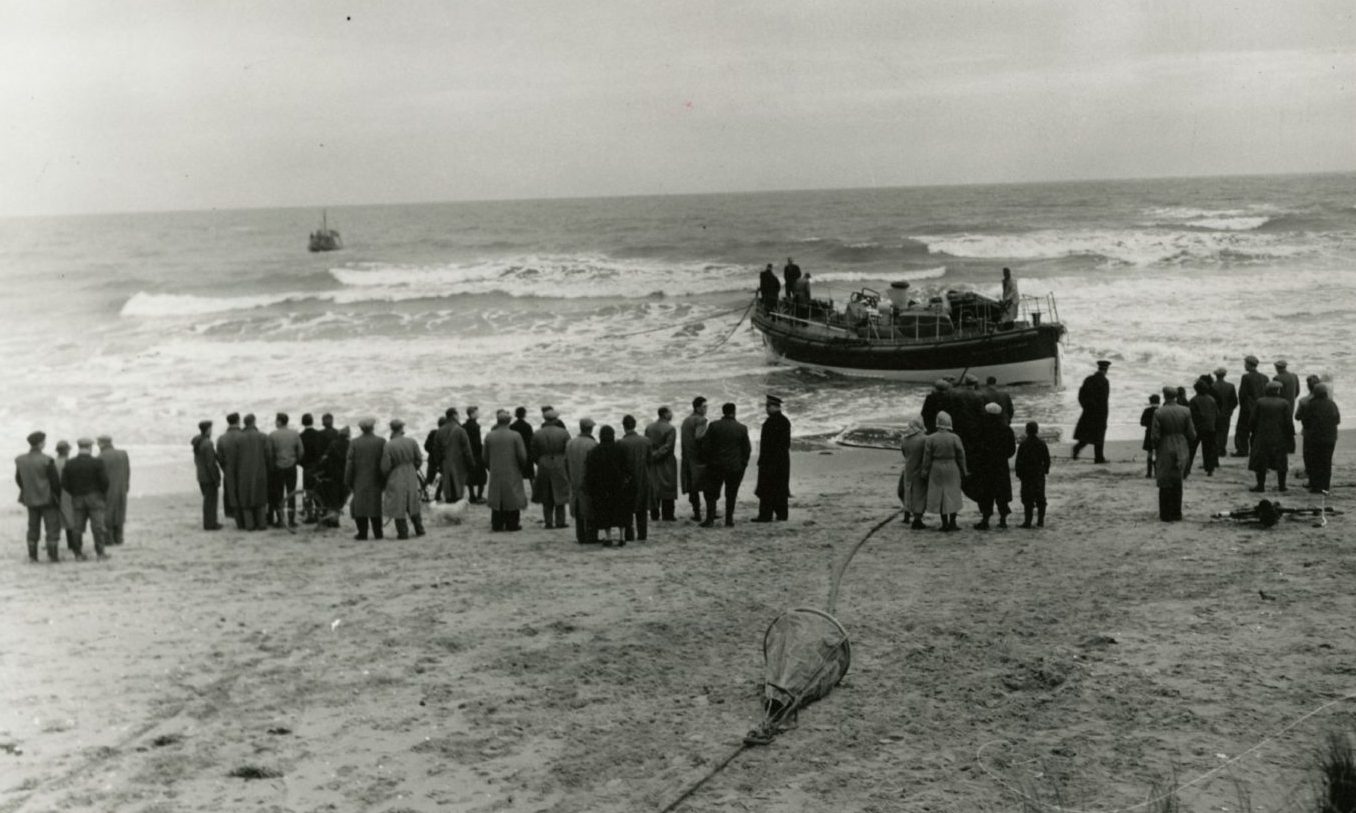
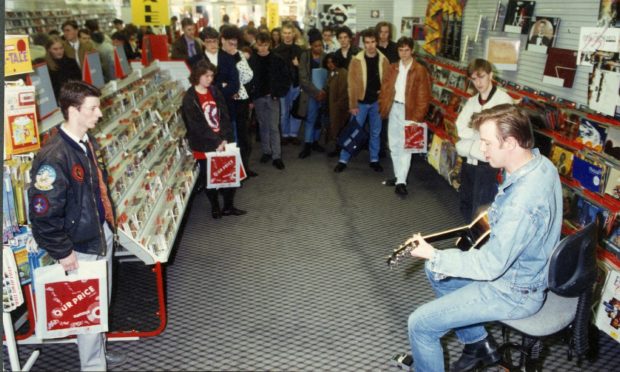
Conversation